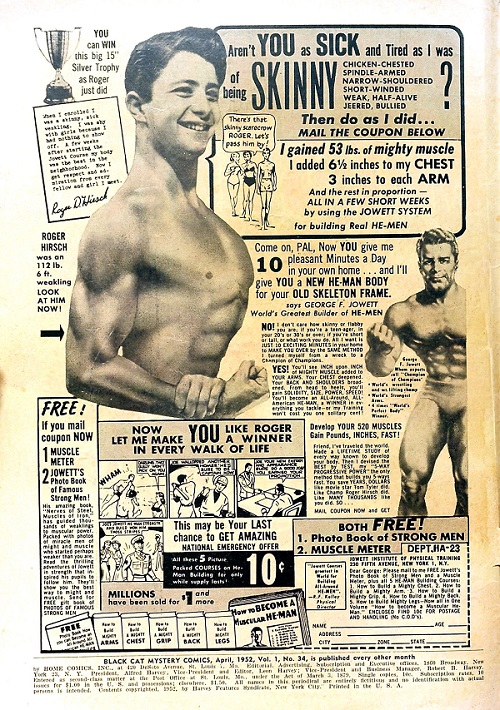FWP:
As the commentators explain, it might be that the lover's youth is a time of such feebleness that it is a 'disgrace to old age': even an old man would be ashamed to be such a helpless wretch as the lover has become. Or else, thanks to that versatile iẓāfat , the lover's youth brings down upon him 'the disgrace of old age'-- his youth is marked, prematurely, by the kind of humiliation, shame, and 'disgrace' that old age would have brought at its own distant time.
But then-- look at the alternative meanings gesturing from the sidelines. For pīrī can also mean (see the definition above) something like 'venerability' (as of course in pīr ) or 'authority' (such as a senior elder should have). And nang , which indeed means 'disgrace' or 'shame', participates in the doubleness that shame-words often have, and can also mean 'honor' (see the definition above); for discussion of this question, see {3,5}.
Thus the sarcastic sense of 'My weakness is so extreme that it would be a credit to old age' is also quite possible. Or perhaps 'Because I move and act like an elder, in my youth I receive the tributes (honor, respect) due to old age'. This kind of ironic (?) meaning may be secondary, but how can it be ruled out? A phrase like nang-e pīrī , of which both members have pairs of opposed meanings, is like a beacon that flashes on and off, demanding attention. And especially so in a verse in such a short meter, where adjectives and adverbs and other qualifiers rarely fit in. At the very least, the phrase invites us to reflect on the complex relationships between youth and age, and among various kinds of weakness and power.

Nazm:
That is, in youth there is such weakness that if someone had this weakness even in old age, then he ought to be considered a disgrace to old age. (206)
== Nazm page 206